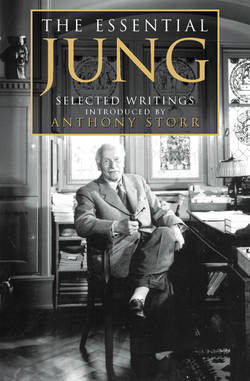Читать книгу The Essential Jung: Selected Writings - Anthony Storr - Страница 19
From “Sigmund Freud” MDR, p. 162/167
ОглавлениеWhen I was working on my book about the libido and approaching the end of the chapter “The Sacrifice,” I knew in advance that its publication would cost me my friendship with Freud. For I planned to set down in it my own conception of incest, the decisive transformation of the concept of libido, and various other ideas in which I differed from Freud. To me incest signified a personal complication only in the rarest cases. Usually incest has a highly religious aspect, for which reason the incest theme plays a decisive part in almost all cosmogonies and in numerous myths. But Freud clung to the literal interpretation of it and could not grasp the spiritual significance of incest as a symbol. I knew that he would never be able to accept any of my ideas on this subject.
I spoke with my wife about this, and told her of my fears. She attempted to reassure me, for she thought that Freud would magnanimously raise no objections, although he might not accept my views. I myself was convinced that he could not do so. For two months I was unable to touch my pen, so tormented was I by the conflict. Should I keep my thoughts to myself, or should I risk the loss of so important a friendship? At last I resolved to go ahead with the writing – and it did indeed cost me Freud’s friendship.
In the following passage, Jung elaborates the idea that regression occurs when inner conflict prevents the individual’s adaptation to the external world. He goes on to show that the unconscious contents reactivated by regression contain the germs of a new and better adaptation. (The balance of opposites and the notion of compensation which Jung touches on in the passage below will be reviewed in more detail later.)
